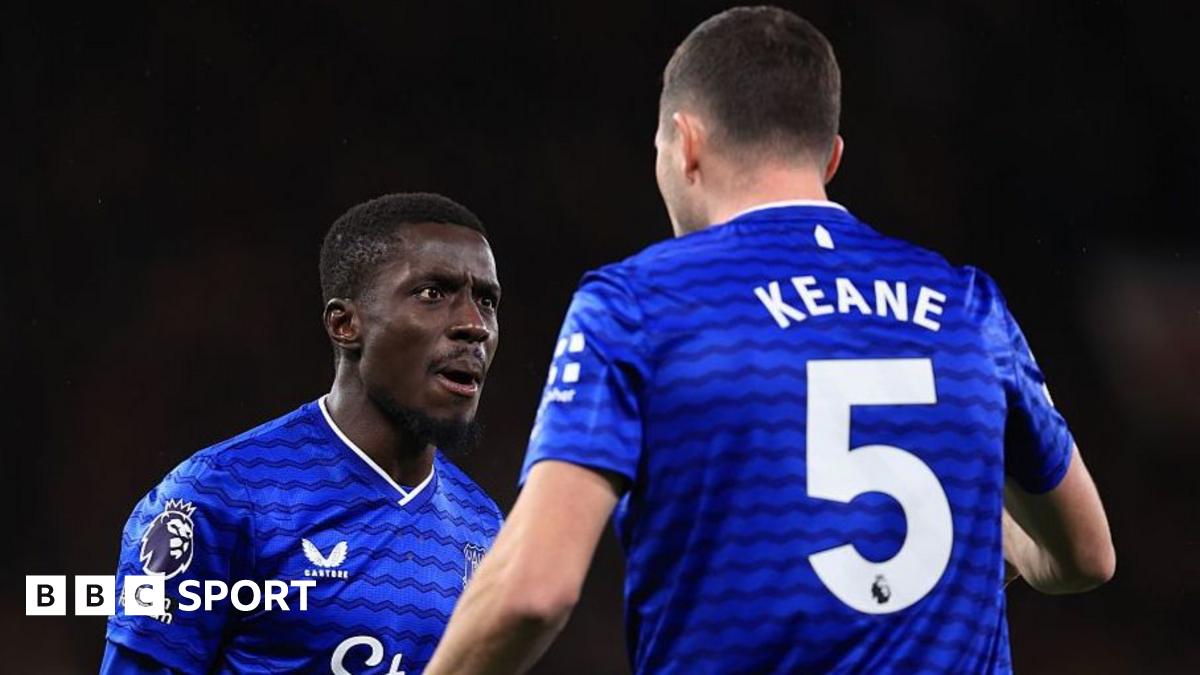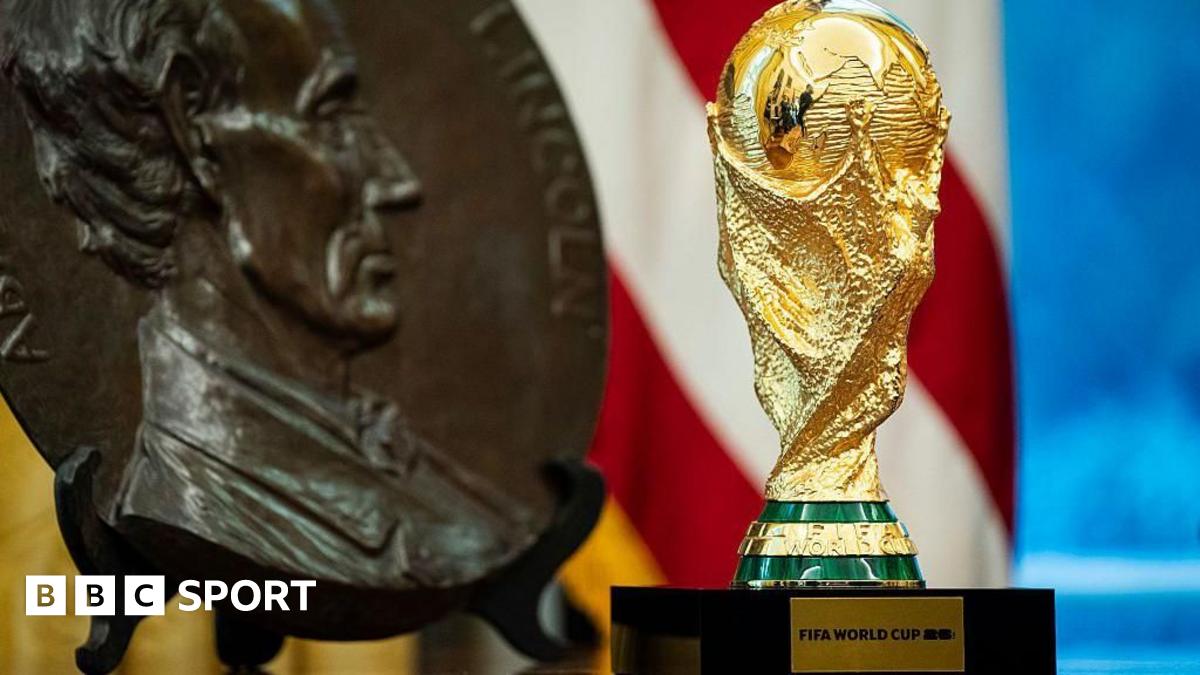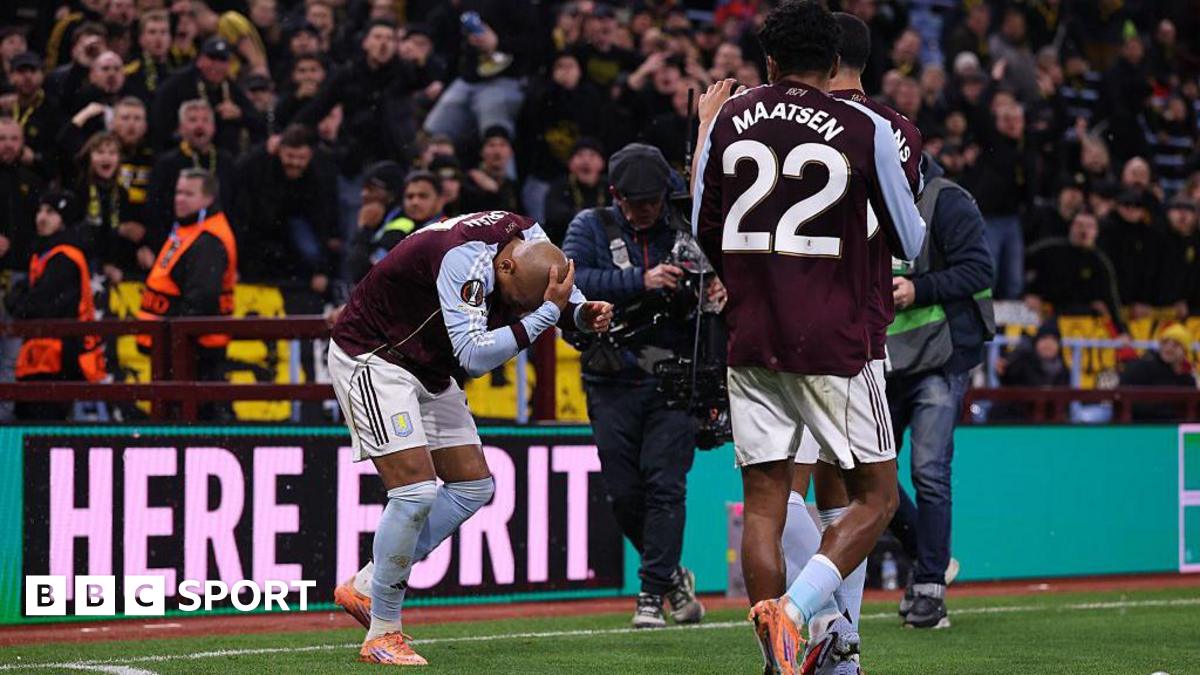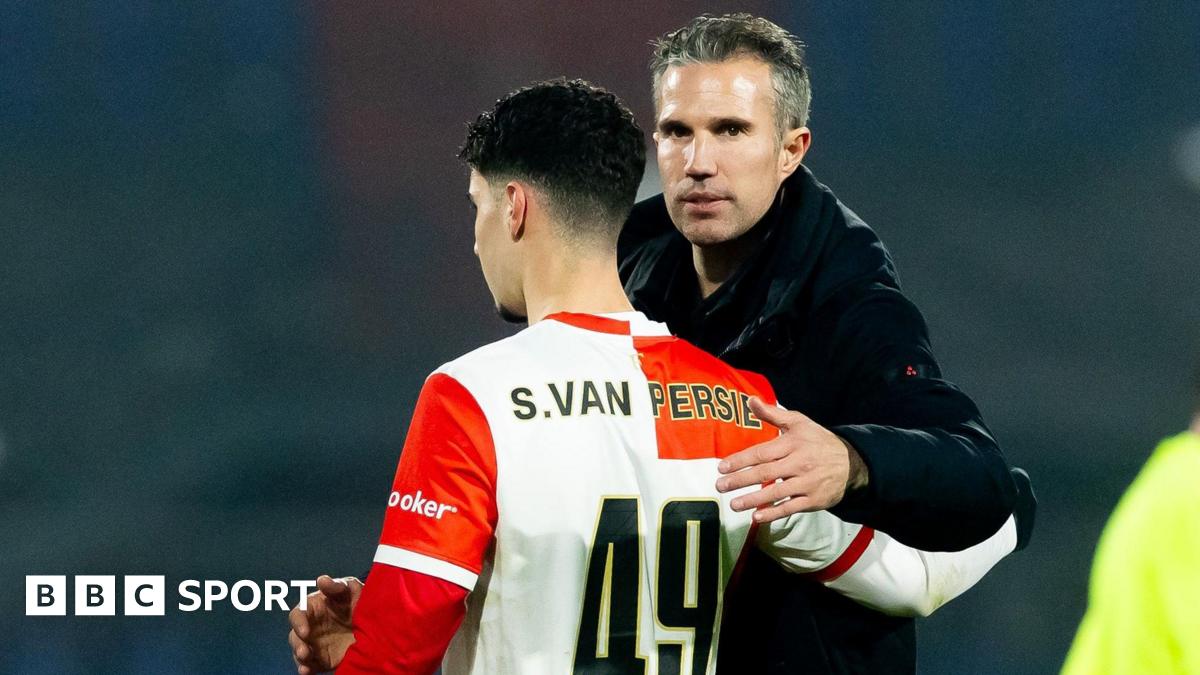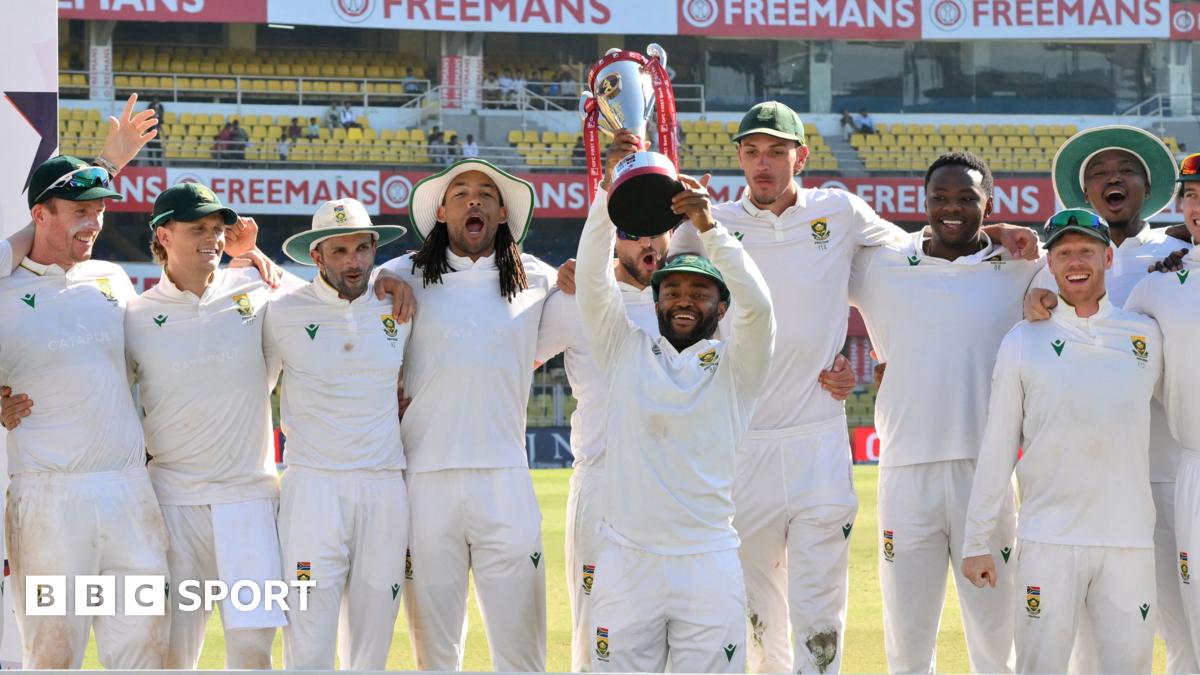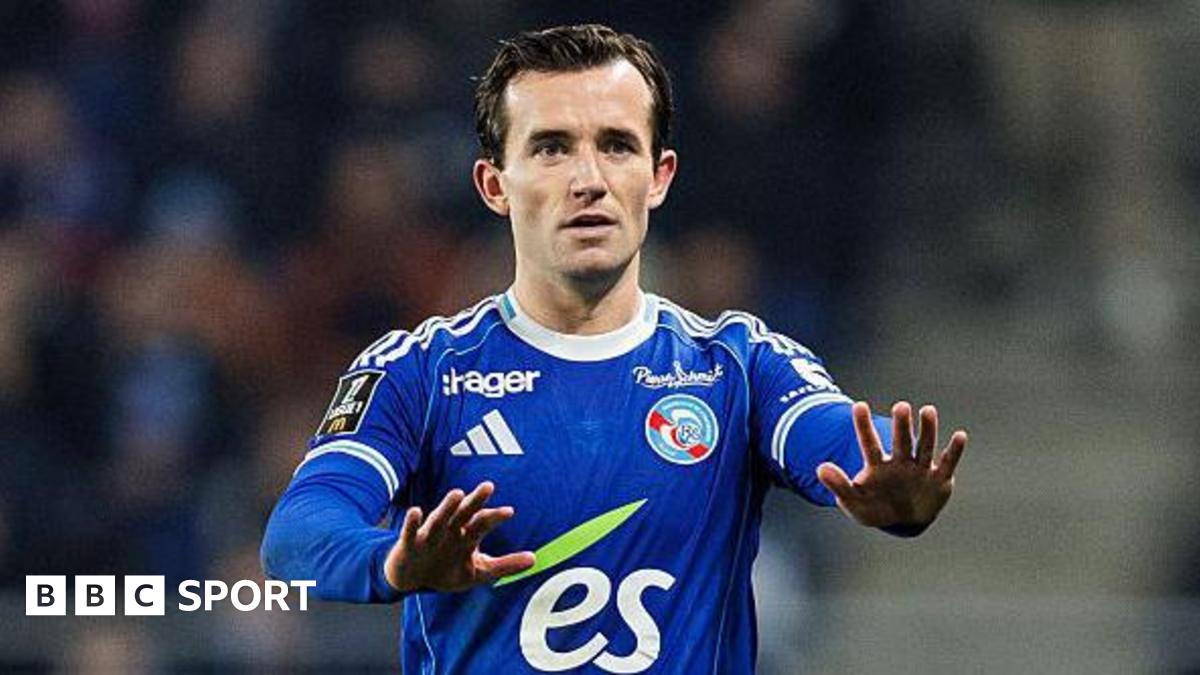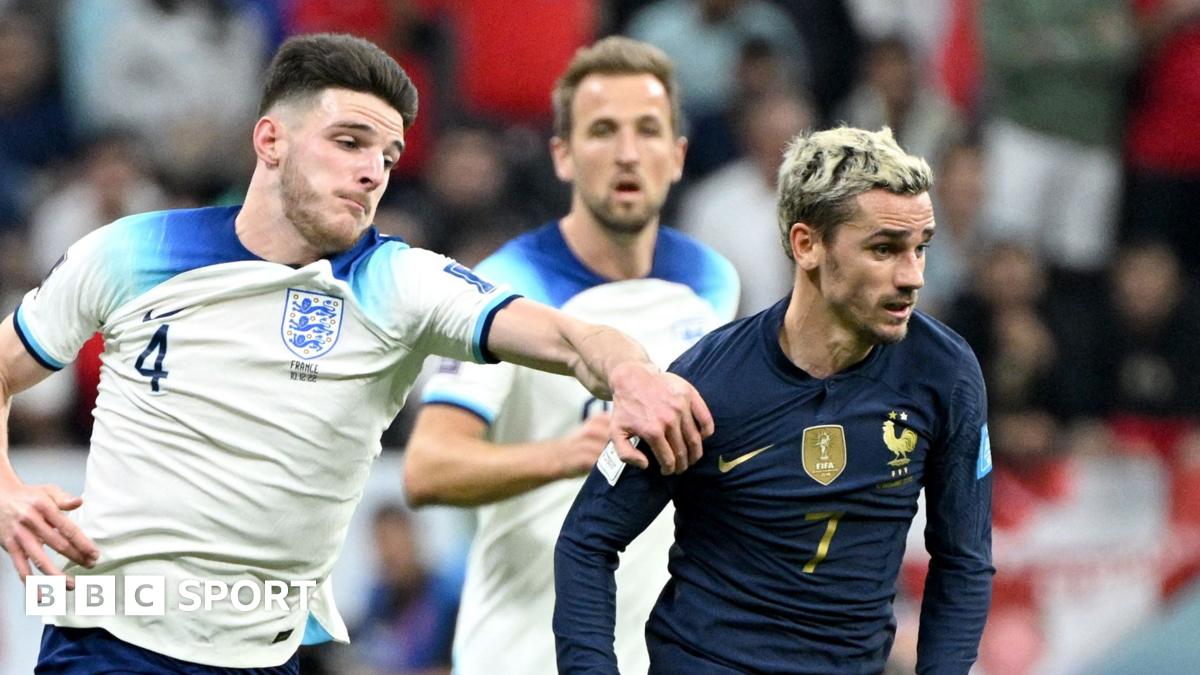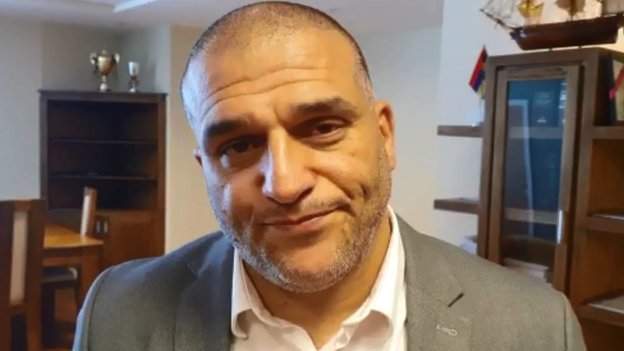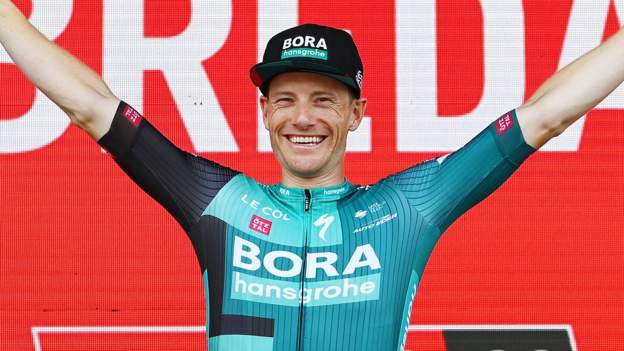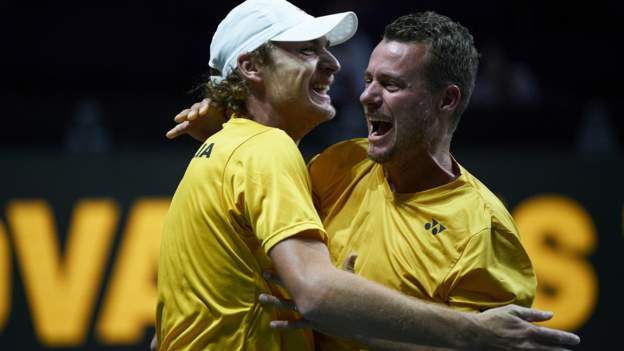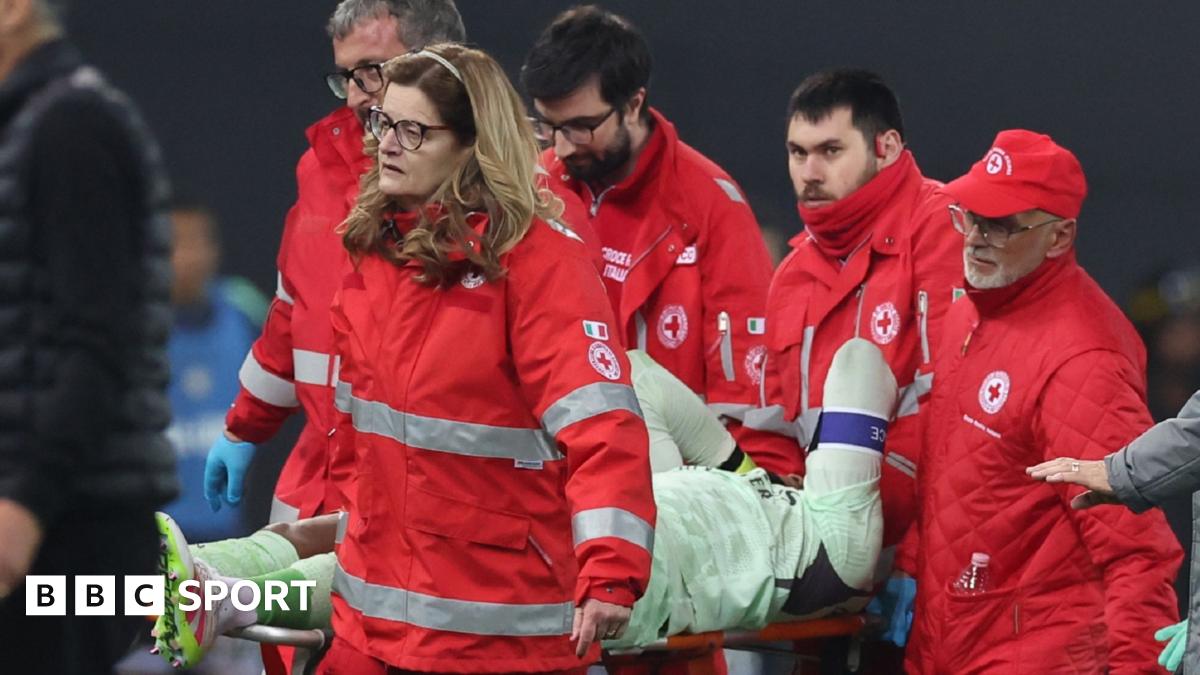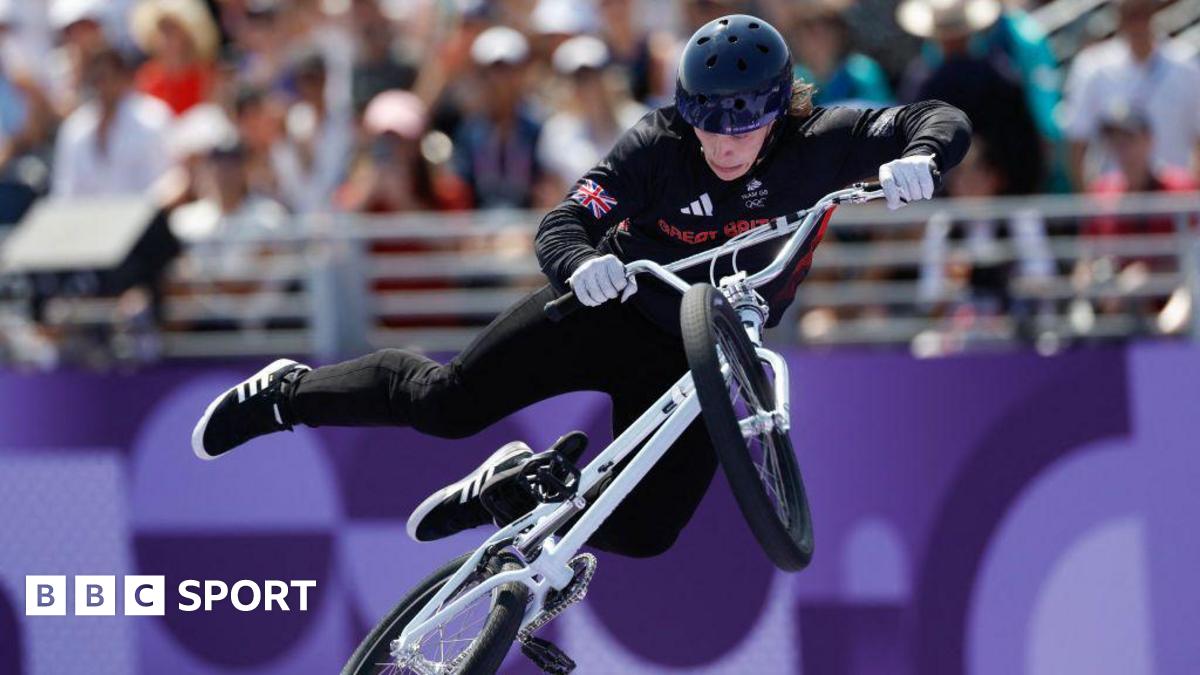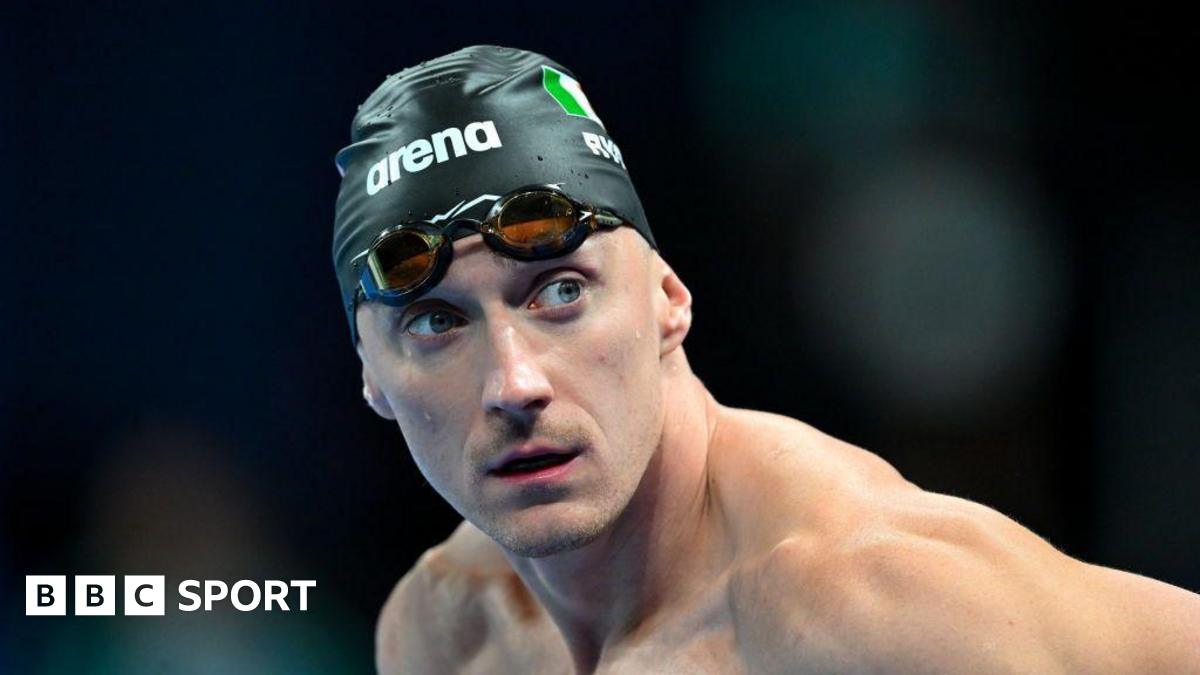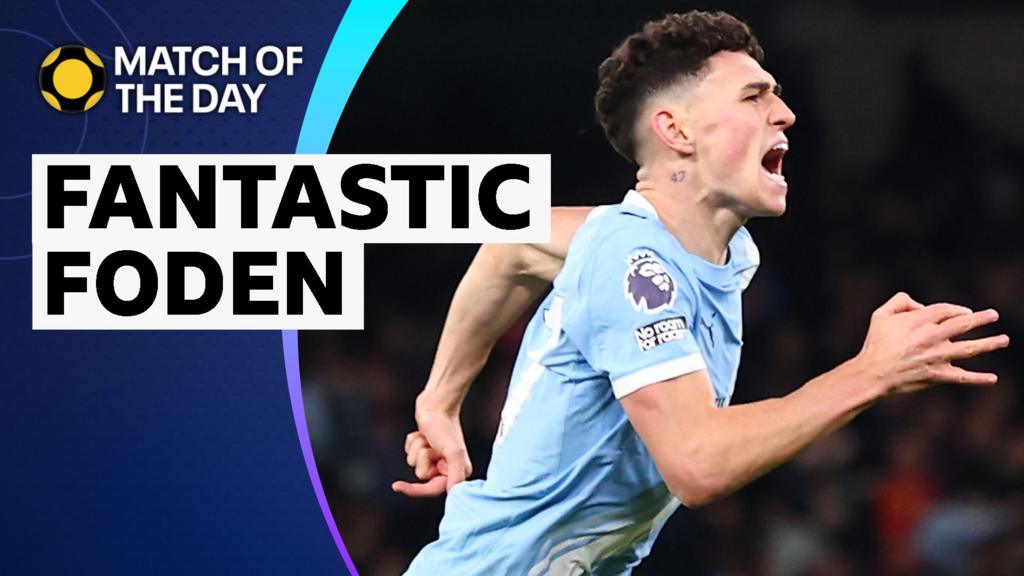A widening gap between clubs receiving parachute payments and the rest of the Championship is a “major concern”, English Football League chief Rick Parry has warned.
Research carried out for the EFL says the issue is showing a “continuing, alarming, and upward trend”.
It concluded clubs receiving parachute payments were three times more likely to be promoted than other clubs.
But Parry says the Premier League’s stance on the issue is “disappointing”.
What are parachute payments?
Parachute payments are a series of solidarity payments the Premier League makes to relegated clubs, for up to three years, to help them adapt to reduced revenues back in the Championship – with significantly less TV revenue. They have been worth about £30m per year to clubs, on average, in recent seasons.
The issue has proved a stumbling block for the EFL and Premier League, who are in talks about changing the distribution system for football revenue so more money makes its way down the football pyramid from the Premier League.
The EFL wants to abolish parachute payments while securing a bigger share of the wealth generated by the top flight.
The Premier League, meanwhile, believes the payments help clubs to be competitive once promoted, and has pointed to the fact there are eight clubs in the league this season that were promoted without parachute payments.
A report into parachute payments found:
The study based on independent research from Sheffield Hallam University carried out for the EFL looked at Championship clubs from 2016 to 2021. As well as finding clubs were now three times more likely to be promoted, it also said:
- Clubs received £233m in parachute payments in the 2020-21 season, an average of £33m per club.
- The average revenue of clubs without parachute payments was circa £20m
- Clubs receiving parachute payments generated an average points gap of +16 in 2020-21
- The average points gap over the five seasons, for clubs in receipt of parachute payments, was +8.6
- Clubs that have parachute payments are far less likely to get relegated from the Championship than those that do not have them
- “Parachute payments continue to distort Championship competition, fuelling losses at clubs who are simply trying to ‘keep pace’.”
The average finishing position in the league table for parachute-payment clubs during the five-year period looked at was ninth. In that time, 22% of clubs in receipt of parachute payments were promoted to the Premier League, Parry said.
This rose to 29% last season – and if Sheffield United, currently second in the Championship, join already promoted Burnley in the Premier League next season, that will rise to 40% of clubs.
However it is understood the Premier League has questions about the research, such as what impact the “natural size” of clubs would have on the data.
What is happening?
Parachute payments is one of the areas English football’s new independent regulator, recently announced in a government White Paper following a fan-led review, will be tasked with addressing.
“A gap has built up. What I think we are trying to address is to close that gap, specifically between parachute and non-parachute clubs in the Championship,” Premier League chief executive Richard Masters told MPs last month.
He added that the removal of the payments “would create significant difficulties for promoted clubs. It would affect the competitive balance of the Premier League”.
However Parry has written to the Digital, Culture, Media and Sport (DCMS) select committee to challenge some statements made by Masters.
In the March hearing, Clive Efford MP said the Premier League had told him they did not believe it was true that parachute payment clubs were three times more likely to be promoted.
Parry says this “indisputable” claim was based on the Sheffield Hallam University research.
“It is disappointing to hear that this has been dismissed as untrue in meetings with MPs,” he added.
“The impact of these payments on the competitive balance of the Championship, and on the sustainability of all other clubs, is a major concern for the EFL,” Parry said.
“The issue of parachute payments remains one of the main reasons why so many football clubs are financially unsustainable and why the Premier League and EFL have not yet agreed the football-led solution that both the Fan Led Review and White Paper have called for.”
Parry has urged the DCMS committee to give the issue “further scrutiny”.
“This study gives the lie to any suggestion from the Premier League that parachute payments are not having a distorting effect on competition for those trying to reach the top flight’s promised land,” said committee chair Julian Knight MP.
“The current financial arrangements amount to the big clubs shutting the door on those below.
“The Premier League must commit to working to find a fairer solution to safeguard the health and sustainability of the game.”



